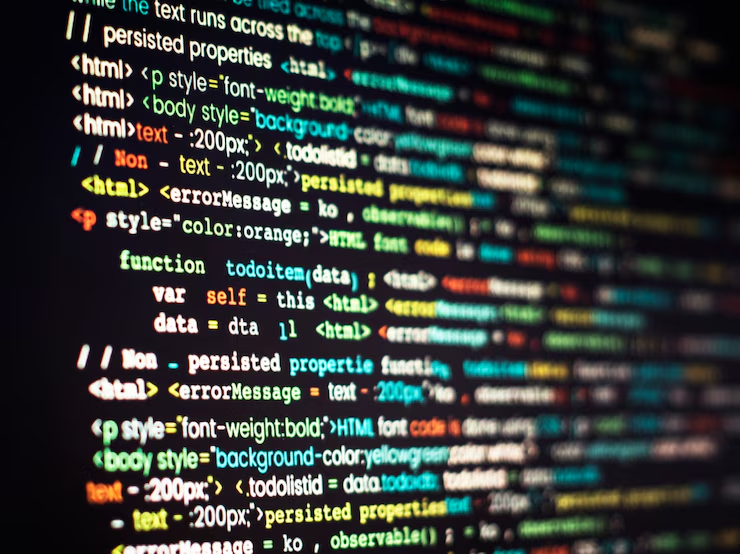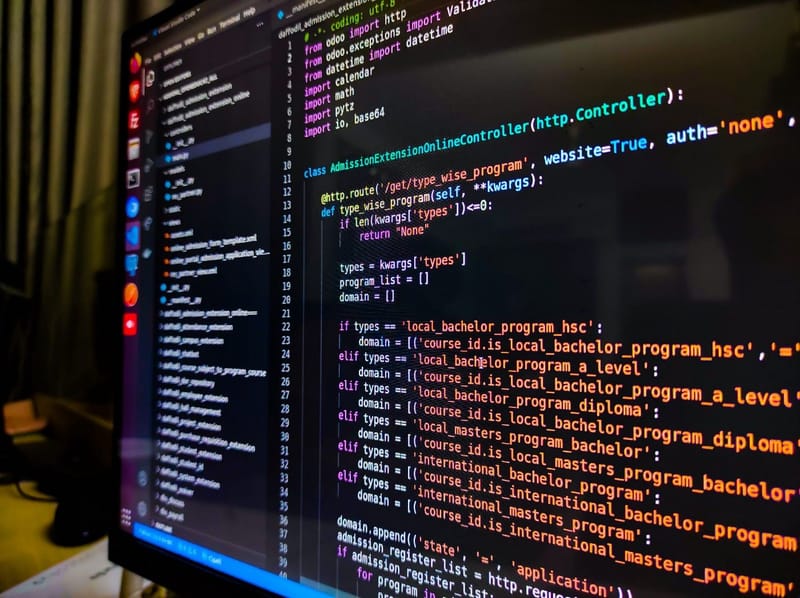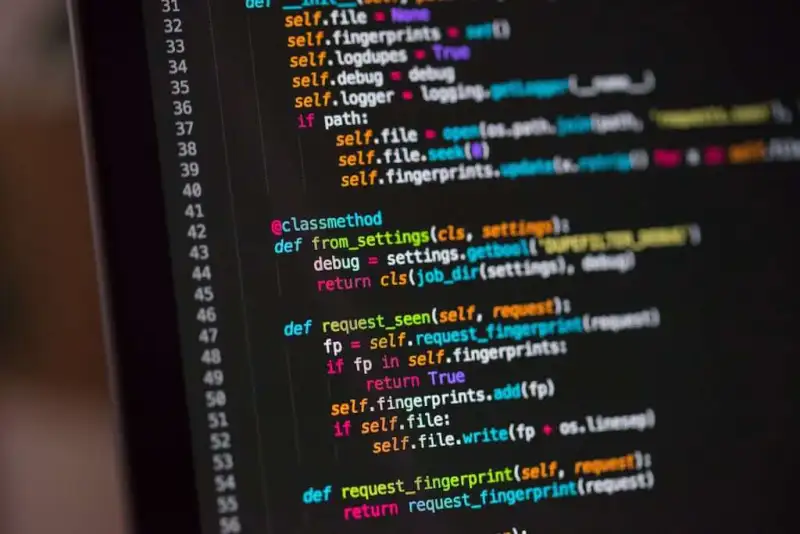Learning to code without a computer science degree is not only possible but increasingly common in today’s tech industry. With the abundance of free online resources, dedicated practice platforms, and supportive coding communities, aspiring programmers can build professional-level skills from scratch. The key lies in understanding that coding is fundamentally about problem-solving and logical thinking, skills that can be developed through consistent practice and the right learning approach.
The traditional path of earning a four-year computer science degree is no longer the only route into programming careers. Many successful software engineers, web developers, and tech professionals have built their careers through self-directed learning, leveraging the wealth of educational content available online. The democratization of coding education means that anyone with dedication, curiosity, and access to the internet can master programming languages and development frameworks.
What makes self-taught coding particularly appealing is the flexibility it offers. You can learn at your own pace, focus on technologies that align with your career goals, and immediately apply new skills to real projects. This practical approach often produces developers who are highly motivated and capable of continuous learning – qualities that employers value highly in the rapidly evolving tech.
The journey requires commitment and strategic planning, but the rewards are substantial. From building websites and mobile applications to analyzing data and automating processes, coding skills open doors to numerous career opportunities across virtually every industry. Whether you’re looking to change careers, enhance your current role, or pursue entrepreneurial ventures, learning to code without a degree is an achievable goal that can transform your professional prospects.
Setting Clear Learning Goals and Choosing Your Path

Before coding tutorials, it’s essential to define your objectives and understand why you want to learn programming. Your motivation will guide your learning path and help you stay committed during challenging periods. Consider whether you want to build websites, develop mobile applications, work with data, or create games, as different goals require different programming languages and skill sets.
Identifying Your Programming Focus
Web development remains one of the most accessible entry points for beginners, involving technologies like HTML, CSS, and JavaScript for front-end development, and languages like Python, Java, or Node.js for back-end systems. Data science and analysis typically require Python or R, while mobile app development might lead you toward Swift for iOS or Kotlin for Android applications.
Creating a Structured Learning Timeline
Successful self-taught programmers typically dedicate consistent daily practice time, even if it’s just 30-60 minutes per day. Setting realistic milestones, such as completing a tutorial series within two weeks or building a simple project within a month, helps maintain momentum and provides measurable progress indicators.
Essential Free Learning Resources and Platforms
The internet offers an overwhelming array of coding education resources, making it crucial to identify high-quality platforms that provide structured learning paths. FreeCodeCamp stands out as one of the most comprehensive free resources, offering full-stack web development curricula with hands-on projects and certifications. The platform combines theoretical learning with practical application, ensuring you build real-world skills.
YouTube Educational Channels
YouTube hosts numerous excellent programming channels that cater to different learning styles. Channels like The Coding Train, Corey Schafer, and CodingWithMosh provide in-depth tutorials on various programming languages and concepts. These video-based resources are particularly valuable for visual learners who benefit from seeing code being written and explained in real-time.
Interactive Learning Platforms
Platforms like Codecademy, Khan Academy, and W3Schools offer interactive coding environments where you can practice immediately without setting up development tools. These platforms are excellent for beginners because they eliminate the initial technical barriers of installing software and configuring development environments.
University-Level Free Courses
CS50 by Harvard University and MIT OpenCourseWare provides access to world-class computer science education without the associated costs. These courses offer rigorous academic content and can help you understand fundamental computer science concepts that complement your practical coding skills.
Choosing Your First Programming Language

Selecting the right programming language for your first coding experience significantly impacts your learning journey. Python consistently ranks as the best beginner language due to its readable syntax, versatility, and extensive community support. Python’s applications span web development, data science, automation, and artificial intelligence, making it an excellent foundation for various career paths.
JavaScript for Web Development
If your goal is web development, JavaScript becomes essential as it’s the only programming language that runs natively in web browsers. Learning JavaScript alongside HTML and CSS provides a complete foundation for front-end development, and Node.js extends JavaScript to server-side development.
Language-Specific Learning Considerations
Each programming language has unique characteristics and use cases. Python emphasizes readability and simplicity, making it ideal for beginners and rapid prototyping. JavaScript offers immediate visual feedback when building web interfaces, which can be motivating for new programmers. Java provides strong fundamentals in object-oriented programming, while C++ teaches low-level programming concepts.
Building Projects and Gaining Practical Experience
Theoretical knowledge alone isn’t sufficient for becoming a proficient programmer. Building real projects transforms abstract concepts into practical skills and creates a portfolio that demonstrates your capabilities to potential employers. Start with simple projects that align with your interests and gradually increase complexity as your skills develop.
Progressive Project Development
Begin with basic projects like a personal website, a simple calculator, or a to-do list application. These projects introduce fundamental programming concepts like variables, functions, loops, and user interaction without overwhelming complexity. As you gain confidence, tackle more ambitious projects that integrate multiple technologies and require problem-solving skills.
Contributing to Open Source
Participating in open-source projects provides exposure to professional development practices, collaboration tools like Git, and code review processes. Platforms like GitHub host millions of open-source projects where beginners can contribute documentation, fix bugs, or add small features under the guidance of experienced developers.
Engaging with Coding Communities and Getting Support

Learning to code can be isolating, making community engagement crucial for motivation, problem-solving, and career development. Stack Overflow serves as the primary question-and-answer platform where programmers of all levels seek help with specific coding challenges. Learning to ask good questions and search for existing solutions on Stack Overflow is an essential skill for any programmer.
Reddit Programming Communities
Reddit hosts numerous programming communities like r/learnprogramming, r/webdev, and language-specific subreddits where beginners can ask questions, share projects, and receive feedback. These communities often provide career advice, learning resources, and moral support during challenging learning periods.
Local Meetups and Online Events
Many cities host programming meetups, hackathons, and coding bootcamp events that provide networking opportunities and exposure to industry professionals. Online events and webinars also offer learning opportunities and help you stay current with industry trends and best practices.
Developing Professional Skills Beyond Coding
While coding skills are fundamental, professional software development requires additional competencies that self-taught programmers must deliberately cultivate. Version control using Git is essential for any programming role, as it enables collaboration, tracks changes, and manages code history. Learning Git early in your journey prepares you for professional development workflows.
Understanding Development Methodologies
Familiarize yourself with software development methodologies like Agile and Scrum, which govern how most development teams operate. Understanding these frameworks helps you communicate effectively with other developers and adapt to professional environments more quickly.
Building a Professional Portfolio
Create a portfolio website showcasing your best projects, including detailed descriptions of technologies used, challenges overcome, and lessons learned. A well-crafted portfolio often carries more weight with employers than formal credentials, as it demonstrates actual capabilities and problem-solving skills.




